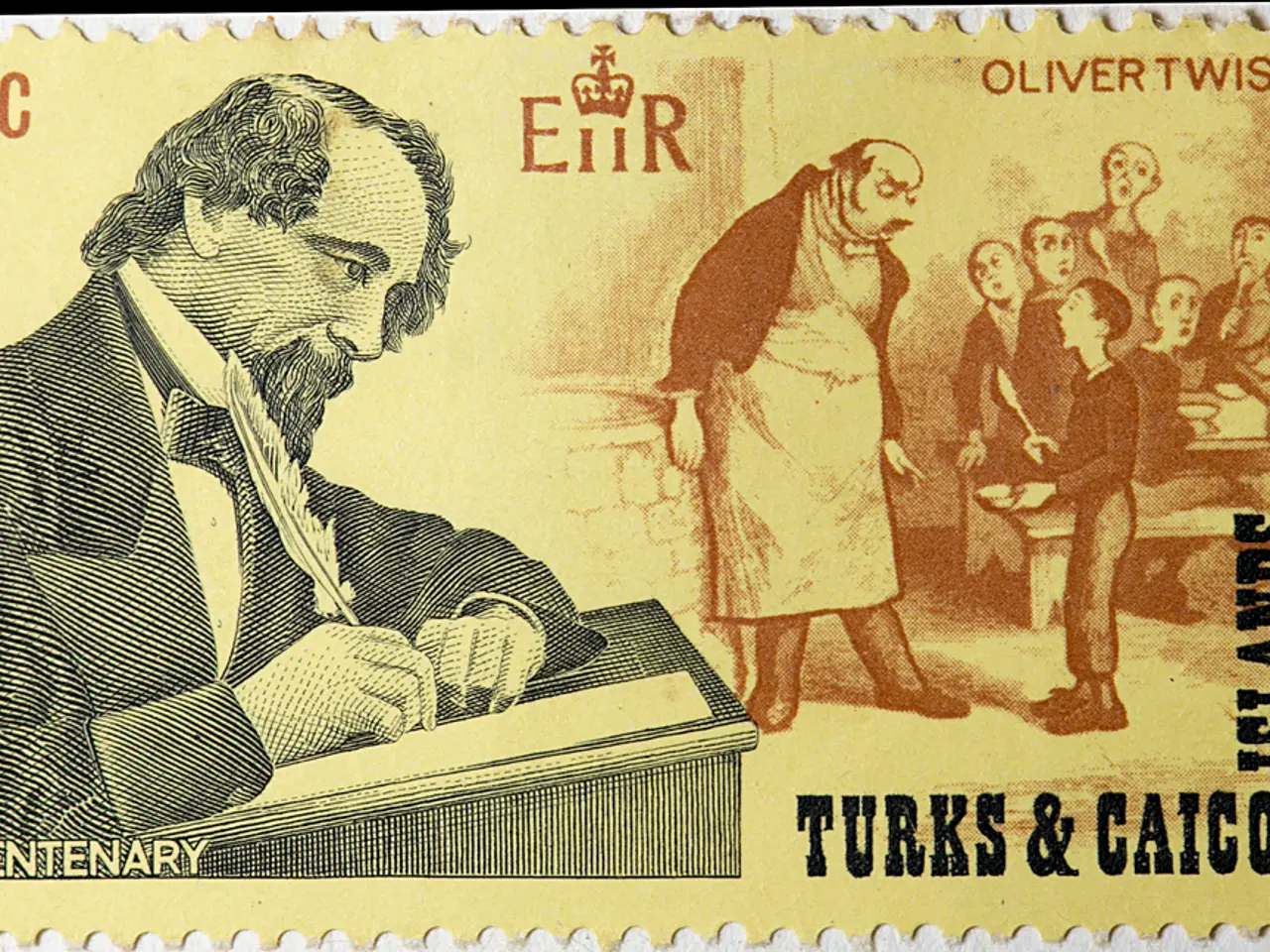Real Estate Giant, Rightmove, Calls for Stamp Duty Reforms
In a recent development, the government has decided to adjust the stamp duty thresholds for first-time buyers in England, causing a stir in the property market. The changes, effective from April 1, 2025, will see the threshold decrease from £425,000 to £300,000.
The CEO of Rightmove, Johan Svanstrom, has expressed concerns about the impact of these changes, stating that stamp duty can be a significant barrier to movement. Rightmove argues that higher stamp duty rates add harmful friction to the market and hamper growth.
This reduction in the threshold increases upfront costs for many first-time buyers. For instance, a buyer purchasing a £350,000 home will now pay £2,500 in stamp duty, compared to zero under the previous rules. As a result, some first-time buyers are turning to higher loan-to-value (LTV) mortgages, reflecting difficulty in raising larger deposits to cover the additional stamp duty costs.
The market has also seen a decline in first-time buyer mortgage searches, partly due to buyers rushing to complete purchases before the new rules took effect. Critics argue that lowering the threshold places additional financial burdens on first-time buyers, potentially pricing some out of the market or forcing them into riskier borrowing with high LTV mortgages.
However, the government defends its policy, stating that it aims to maintain relief but reduce the threshold, balancing fiscal considerations and market cooling with support for buyers below £300,000. Relief still exists but is now more targeted at lower-value properties.
The move has drawn criticism from affordability advocates and market watchers, who question its effectiveness in encouraging home ownership among younger or less wealthy buyers, particularly in a context of rising property prices and interest rates.
Notably, the government's decision comes alongside Rightmove's half-year results, with the UK's largest property platform calling for a review of the current stamp duty thresholds to reflect house price rises that have occurred in recent years. Rightmove urges ways to improve affordability and support more first-time buyers onto the housing ladder.
The debate around stamp duty is not new. In 2020, Rishi Sunak doubled stamp duty thresholds for regular homeowners from £125,000 to £250,000, while Dan Neidle, a leading think tank boss from Tax Policy Associates, called stamp duty a "terrible tax" that suffocates liquidity in the property market.
As the government moves forward with its housing plans, including a £2bn boost to the Affordable Homes Programme and planning reforms to deliver an additional 170,000 homes by 2029/30, the review of stamp duty thresholds remains a hot topic. The Treasury will undoubtedly face pressure to reconsider these thresholds to better reflect current house prices and support first-time buyers navigating the challenging property market.
- The adjustment in stamp duty thresholds could significantly impact the finance sector, as first-time buyers may need to secure higher loan-to-value (LTV) mortgages to cover increased upfront costs for property purchases.
- The real-estate market may witness a shift in investing patterns, as some investors might find purchasing properties under the £300,000 threshold more attractive due to the remaining relief and targeted support.
- As the government reconsiders the stamp duty thresholds in light of rising property prices, businesses such as Rightmove might engage in discussions with policymakers to promote proposals aimed at improving affordability and supporting more first-time buyers in the market.







